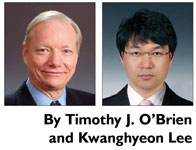 Koreans often think of themselves as the shrimp between whales and, as the Korean proverb has it, when whales fight it is the shrimp whose back is broken. These days, Korea is more of an orca than a shrimp, but it remains in a dangerous geography. Koreans have long sought to make a virtue of this geographical the session by serving as a hub – an air hub, a logistics hub, a banking hub – with varying degrees of success. But given the web of Free Trade Agreements (FTAs) that Korea has been weaving, perhaps it might have some success as an FTA hub. The World Trade Organization, as the successor to the General Agreement on Tariffs and Trade, has been successful in bringing the worlds’ trading nations into its ambit. However, since the launch of the Doha Development Round of multilateral trade negotiations in 2001, progress was stalled and nations began to turn to bilateral arrangements such as FTAs and Comprehensive Economic Partnership Agreements (CEPAs). Few have been as active as the Republic of Korea. Following the ‘FTA Roadmap’ announced in 2003, Korea aimed to enter into FTAs with smaller economies in the near term followed by bigger deals as the country and its people gained experience with the process. In 2004 an FTA Bureau was established at the Ministry of Foreign Affairs & Trade (the primary role has now been transferred to the Ministry of Industry, Trade and Energy). Beginning with Chile in 2004, FTAs have entered into force between Korea and Singapore, the European Free Trade Association (Iceland, Norway, Liechtenstein, Switzerland), ASEAN, India (a CEPA), Peru, and of course the giant economies of the European Union in 2011 and the United States in 2012. Since then Korea has concluded FTAs with Turkey (already in effect), Colombia and, this year, with Canada and Australia. Negotiations continue with a number of other countries in the region including New Zealand, China, Vietnam, Japan, the RCEP (Regional Comprehensive Economic Partnership) and others. Given the current tensions in Northeast Asia, it is perhaps surprising to see that negotiations for a multilateral Korea-China-Japan FTA are continuing with meetings as recently as March and September 2014. China and Japan are Korea’s first and fourth largest markets for exports and its first and second largest markets for imports, so any agreement among the three would have huge implications for the region and the world. Korea has also been discussing bilateral FTAs separately with China and Japan. The Japan talks appear to be stalled, with the last working-level negotiations in 2012, but talks with China are continuing to show progress. After discussions in Korea in July, the Korean government announced that “Regarding the service and investment sectors, [the two countries] reached an agreement in principle on the way of market liberalization that had been one of the largest remaining issues.” A further meeting was held in September, after a summit meeting in July at which Chinese President Xi Jinping and President Park Geun-Hye expressed the hope that talks on an FTA could be finished by the end of the year. Chinese concerns about Korean manufactured goods and Korean concerns about Chinese agricultural products may delay that process. In the world of overlapping FTAs, a country is either primarily a ‘hub’ or a ‘spoke’. Even without the addition of FTAs with China and Japan, Korea has effectively made itself into the one of the prime FTA hubs in the world. No other country enjoys an FTA with the U.S., the E.U. and ASEAN. By standing at the intersection of world trade with extensive tariff-free connections, Korea is well-placed to maximize the benefits of its network. Academic studies seem to confirm the intuitive expectation that a hub benefits more extensively from FTAs than a spoke. In manufacturing, a plant in Korea will have the ability to import inputs tariff-free from one nation and then export a finished product tariff-free to other nations. In the service sector, Korea has opened its legal market as a result of the FTAs with the E.U. and the U.S. The opening of the legal market to foreign firms will help make Korea a hub of international arbitration and litigation. It may be that the world is coming back around to worldwide, or if not worldwide at least broadly multilateral, trade negotiations. The Doha Development Round bore some significant fruit with the agreement reached last December on the Bali Package, with provisions for lowering import tariffs and agricultural subsidies and for reforming customs bureaucracies and formalities to facilitate trade. Other regional initiatives include the Transatlantic Trade and Investment Partnership being negotiated between the U.S. and the E.U. and the Trans-Pacific Partnership that the United States is negotiating with 11 other countries throughout the Asia-Pacific region (Australia, Brunei, Canada, Chile, Japan, Malaysia, Mexico, New Zealand, Peru, Singapore and Vietnam). These are not without controversy and may not ever come to fruition. In any event, at least for the medium term Korea should be in an excellent position to enhance its attractiveness to foreign investment as it reaps the advantage of its FTA hub. |
Lee International IP & Law Group
Poongsan Bldg. 23, Chungjeongro
Seodaemun-gu, Seoul 120-013, Korea
Tel: 82 2 2279 3631 / Fax: 82 2 2273 4605
Email: tobrien@leeinternational.com
khlee2@leeinternational.com
Website: www.leeinternational.com



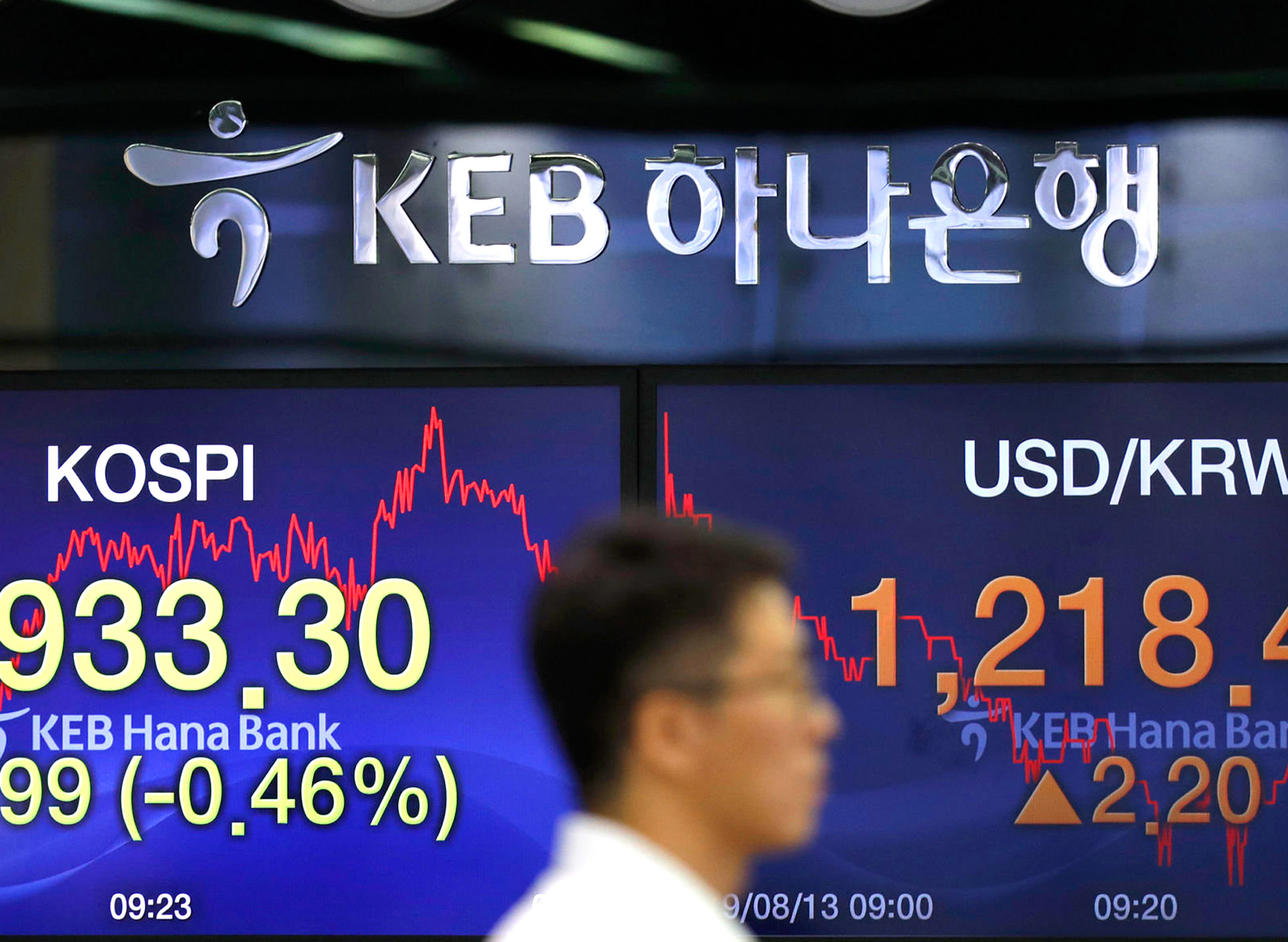




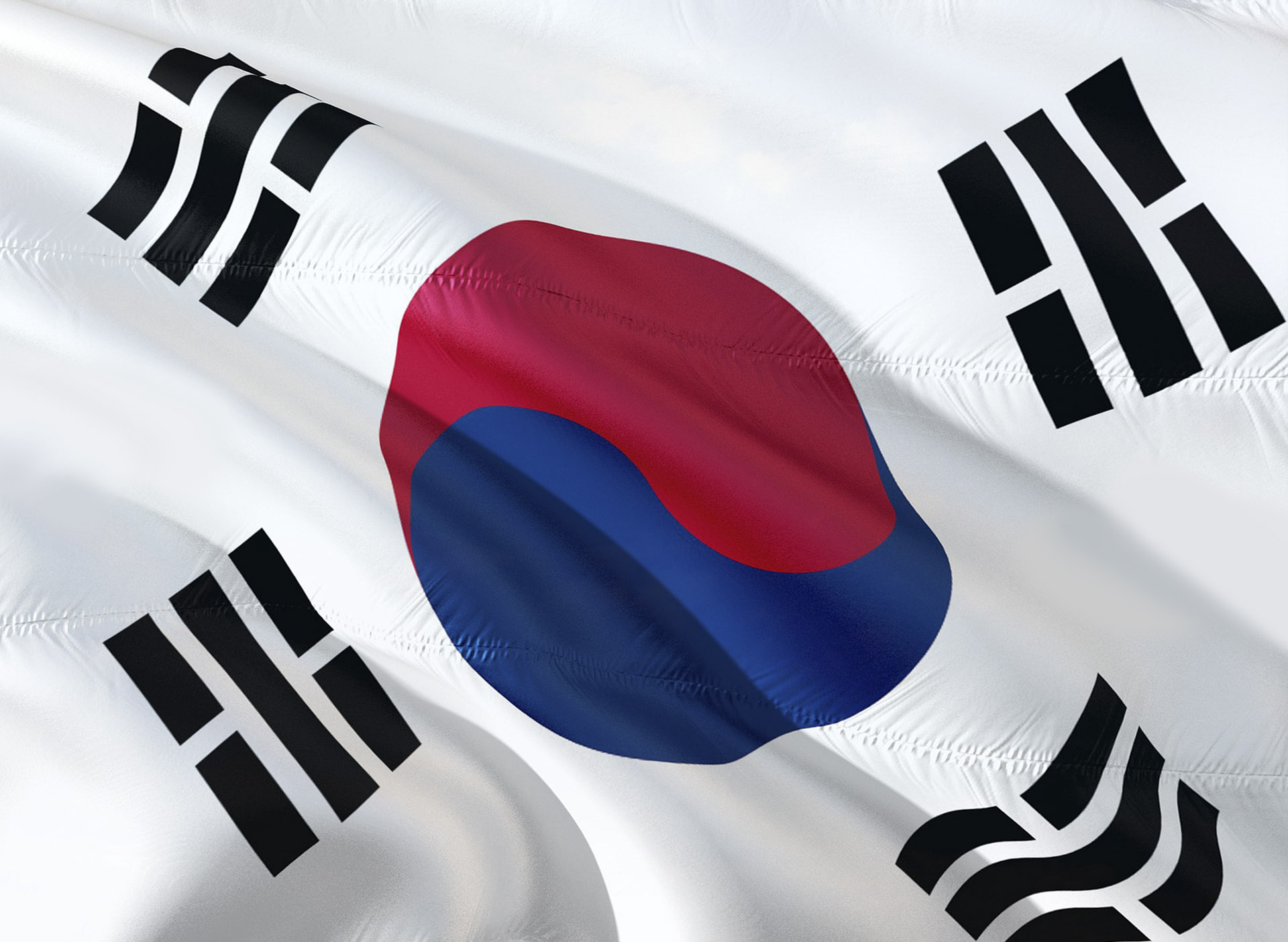


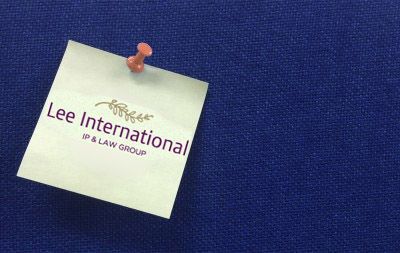
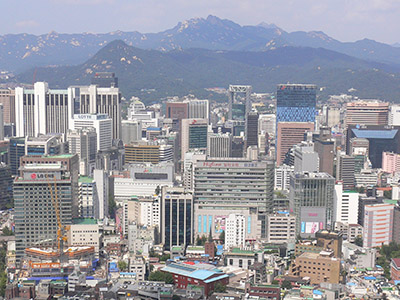












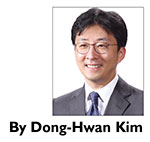
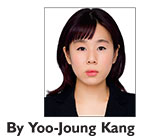
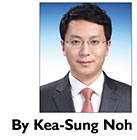




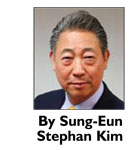








 Nicholas H. Park
Nicholas H. Park







